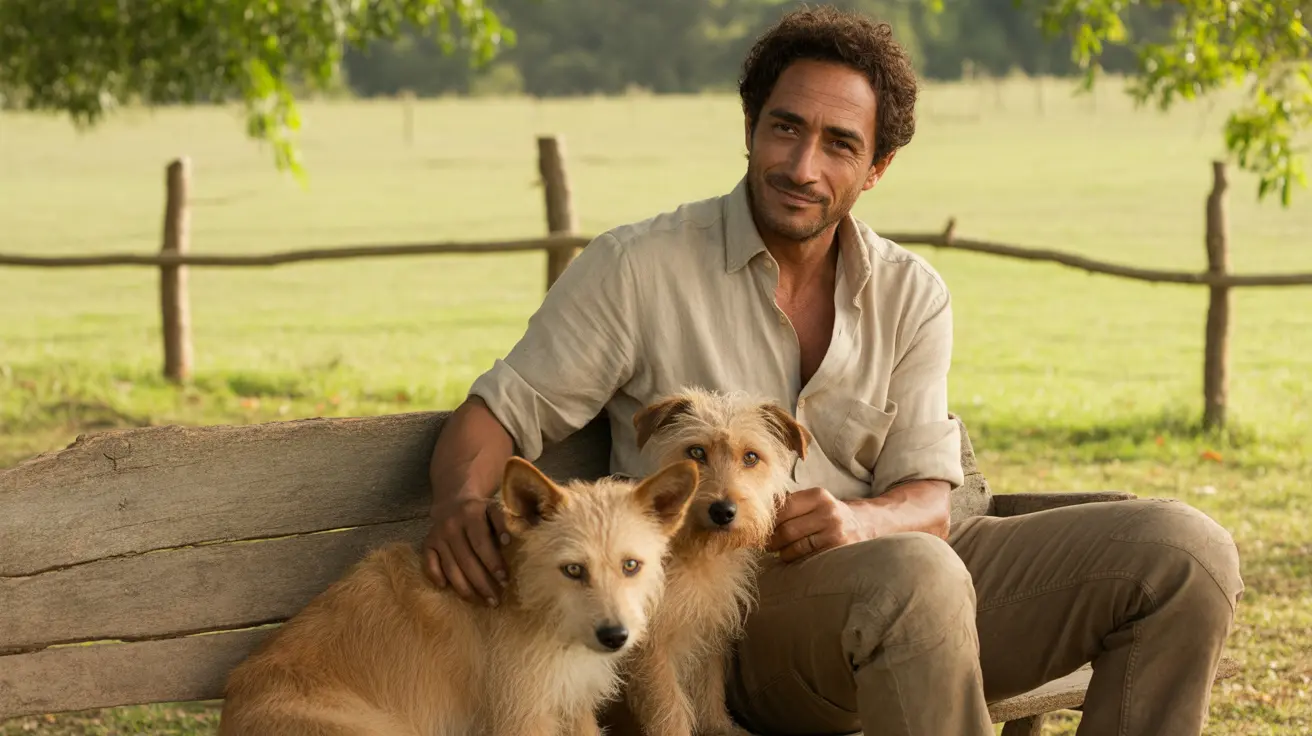Why Dogs Should Never Drink Coffee: Risks and Prevention
Coffee is a beloved beverage among humans, known for its energizing effects thanks to caffeine, its primary active ingredient. However, what boosts our mornings can be highly dangerous for dogs. Pet owners should understand why coffee is toxic to dogs, the symptoms of caffeine poisoning, and how to respond if a dog accidentally ingests it.
Why Caffeine is Harmful to Dogs
Dogs process caffeine much more slowly than humans, making even small amounts potentially toxic. Once ingested, caffeine stimulates the nervous system and heart, leading to a range of harmful physiological reactions. The smaller the dog, the higher the risk—what seems like a small dose to us can be fatal to a Chihuahua or a small terrier.
How Dangerous Is Coffee for Dogs?
Though a quick lick from a cup might not be lethal, any significant ingestion—especially of coffee grounds or beans—can lead to toxicity symptoms within 30 to 60 minutes. Brewed coffee is more diluted than grounds or beans, but it can still be harmful depending on the dog’s size and health condition.
Signs of Caffeine Toxicity in Dogs
- Agitation and hyperactivity
- Restlessness or panting
- Vomiting and diarrhea
- Elevated heart rate
- High blood pressure
- Abnormal heart rhythms
- Tremors or muscle spasms
- Seizures
- Hyperthermia (elevated body temperature)
These symptoms can last for more than 12 hours, and in some cases, especially when untreated, can be fatal.
Other Sources of Caffeine to Watch Out For
Coffee isn’t the only caffeine source that poses a risk. Pet owners should also keep their dogs away from:
- Tea (black, green, and even some herbal)
- Chocolate
- Energy drinks and sodas
- Caffeinated medications
- Dietary supplements
Even decaffeinated coffee isn’t entirely safe: it still contains trace amounts of caffeine and can include other additives that are harmful to dogs.
Additives That Increase the Risk
Popular coffee additives also pose a risk to dogs. These include:
- Sugar – Unnecessary and potentially harmful in large quantities
- Xylitol – Extremely toxic to dogs even in small amounts
- Chocolate – Contains theobromine and caffeine, both toxic to dogs
- Nutmeg – Can cause hallucinations and seizures
- Milk products – May cause digestive upset in lactose-intolerant dogs
Immediate Actions if Coffee is Ingested
If your dog consumes coffee or a caffeinated product:
- Do not induce vomiting unless instructed by a veterinarian.
- Monitor for symptoms like restlessness, vomiting, or rapid heartbeat.
- Contact a veterinarian or animal poison control immediately.
- Be ready to provide your dog’s weight and estimated dose of caffeine.
Veterinary Treatments for Caffeine Poisoning
Depending on the severity, treatment may include:
- Medically induced vomiting (if ingestion was recent)
- Activated charcoal to limit caffeine absorption
- Intravenous fluids for hydration and kidney support
- Medications to control seizures, blood pressure, or abnormal heart rhythms
Timely treatment is vital—most dogs recover with prompt veterinary care, but delays can make recovery difficult or even impossible.
Prevention is the Best Cure
Keeping all caffeinated products locked away and out of reach is essential. This includes securing coffee beans, grounds, brewing equipment, and cold brew containers that dogs might sniff or lick. Proper trash disposal is also crucial—dogs have been known to rummage through garbage and ingest coffee grounds or wrappers inadvertently.
Educating Others in the Household
Make sure that everyone—the kids, house guests, and visitors—knows that coffee is not a treat for dogs. What’s safe and enjoyable for us can be dangerously stimulating, or even lethal, for our pets.
Final Thoughts
Dogs don’t drink coffee for enjoyment the way we do, and offering it or leaving it within reach can have dire consequences. Responsible pet ownership includes an awareness of toxic substances and commitment to prevention. If an incident happens, quick action can save your dog’s life. Always keep caffeine and coffee products safely stored and disposed of to ensure your furry friend stays healthy and safe.





